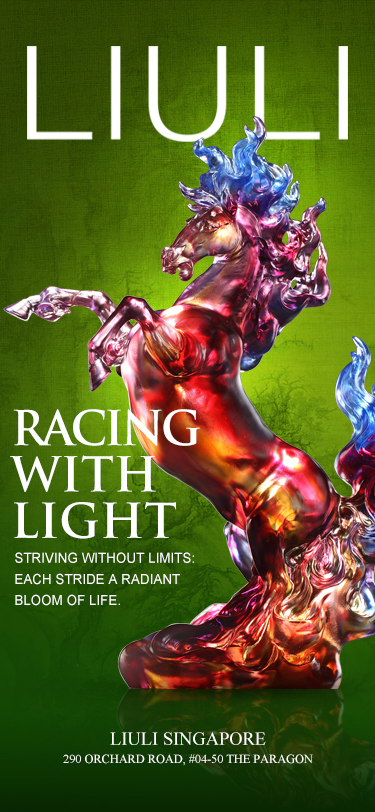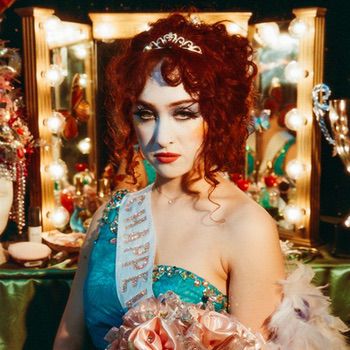Known for her flamboyant aesthetics, campy stage persona, and solid songcraft, Chappell Roan has emerged as a singular voice in the pop music landscape.
Over the past two years, Chappell Roan’s meteoric rise to fame has been the stuff of Hollywood dreams, the kind of legendary myth-making that seems one day destined for breathless biopics and Rolling Stone retrospectives. When she first introduced herself to the pop world at the biggest stage of all at Coachella last April, the audacity of that now-famous speech for a musician playing her first-ever festival crowd of 60,000 almost seems to defy belief.
“My name is Chappell Roan,” said the musician who, just three years before that, had been working at a donut shop in the Highland Park neighbourhood of Los Angeles, “and I’m your favourite artist’s favourite artist … your dream girl’s dream girl.” The final line of her monologue might be too explicit to be published in the virtual pages of this digital magazine, but over the past year, the first part of that speech has almost seemed like a prophecy. Since Roan’s Coachella performance, legendary artists as diverse as Adele, Cyndi Lauper, k.d. lang, Kelly Clarkson, and Taylor Swift have co-signed the Missouri-born singer-songwriter as a new pop princess to watch.
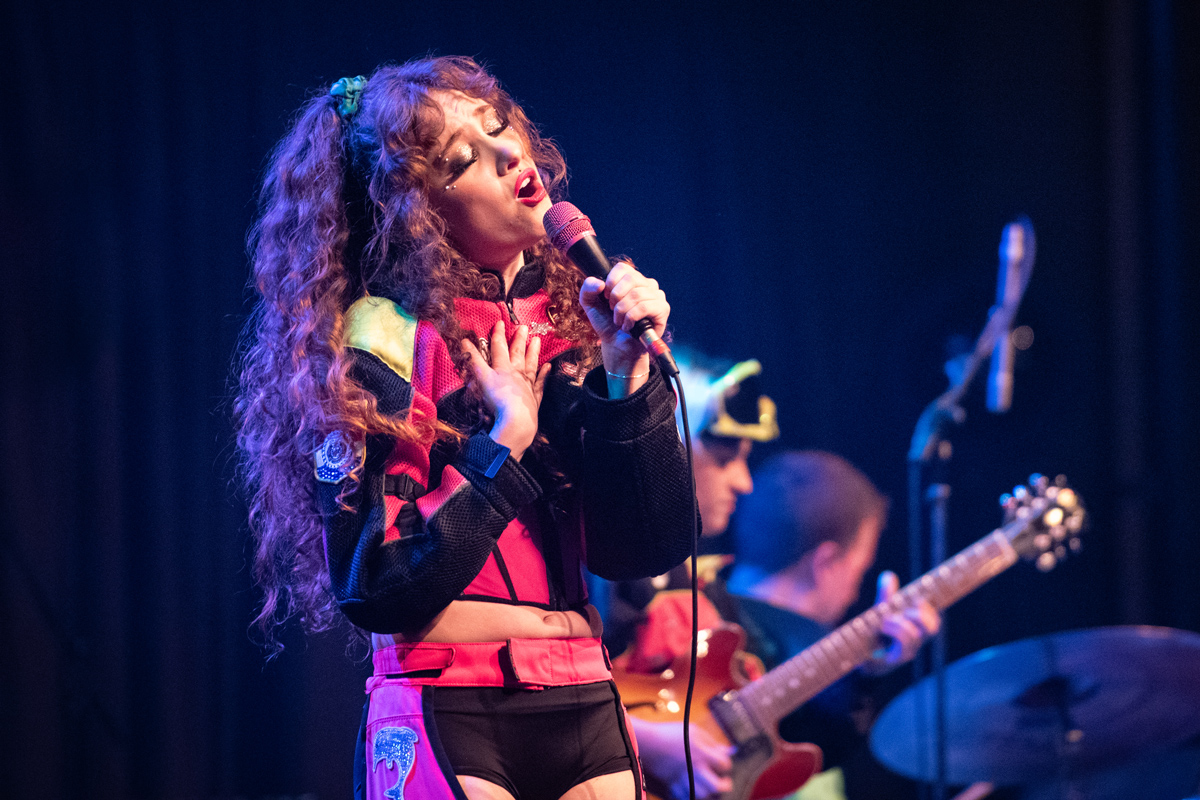
On the surface, Roan’s meteoric rise to fame seems to be entirely a product of the 21st century, with her TikTok-driven virality, flamboyantly camp persona, and openly sapphic lyrics all setting her apart from the singer-songwriter crowd. Scratch a little deeper under the surface, however, and there’s something also timeless and quintessentially American about both her music and her narrative.
When a pre-fame Roan (real name Kayleigh Rose Amstutz) lost her original recording contract a few months into the global pandemic, it seemed like the end of the road for the aspiring musician. Although Roan had released her first few singles in 2020, the chaos of Zoom meetings, masks, and social distancing meant that songs like “Pink Pony Club” — which espoused the virtues of reinventing yourself in Hollywood as a go-go dancer — found no traction, and by the end of the year, her label had quietly dropped her. In the aftermath, Roan moved back to her hometown of Willard, Missouri, where she swapped the keys of her piano for the cash register of her local fast-food drive-through.
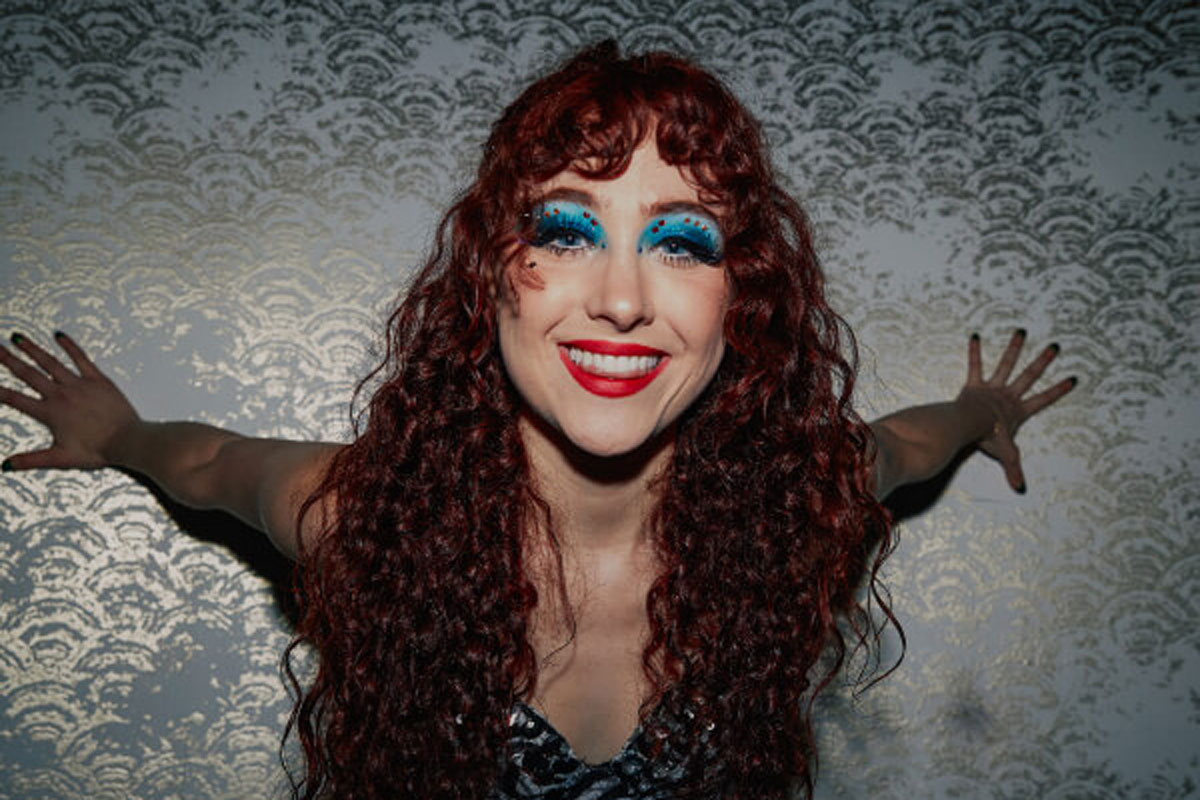
Having hit rock bottom, Roan decided that having nothing else left to lose also meant freedom. As she clocked in daily at the drive-through, she began manifesting the strangest, boldest, and queerest version of herself, taking inspiration from the drag queens she had met in West Hollywood. Where Kayleigh was a shy, introspective girl, Chappell Roan would be fearless and unabashedly sensual, with a (now signature) full face of white paint makeup as a kiss-off to her high school peers who had once labelled her a “clown” for being gay.
Meanwhile, Roan’s old collaborator, Dan Nigro (previously best known as the frontman of indie outfit As Tall as Lions), had begun working with another upcoming star who was beginning to make serious waves: Olivia Rodrigo. When Rodrigo went uber-viral at the start of 2021 with her breakthrough single, “drivers license”, Nigro pivoted to producing the Disney star’s debut album, but didn’t forget about his former collaborator. As Rodrigo and Roan struck up a friendship, with Roan opening for her on tour in 2022 and singing harmonies on both her albums, Nigro would take a gamble by starting the independent label Amusement Records, signing Roan as their first artist in March 2023.
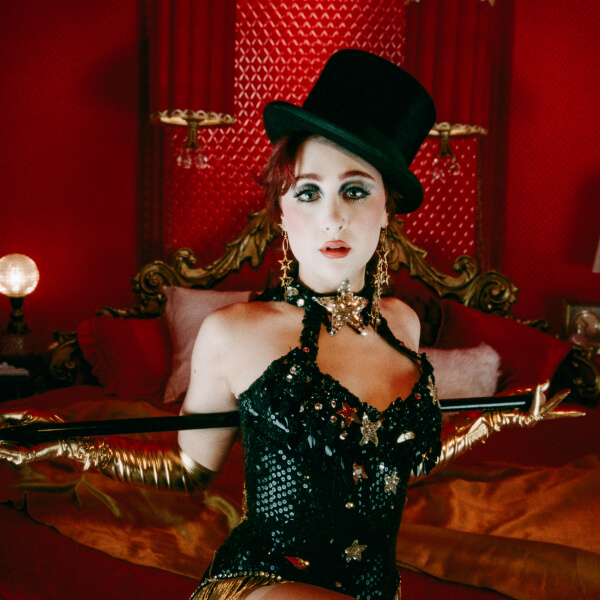
The rest is history. As Roan released a series of old and new singles through 2023 and 2024, buzz started growing around her debut album, The Rise and Fall of a Midwest Princess, aided by the sleeper virality of its two singles, “Casual” and “Red Wine Supernova”. Those two releases would showcase the range of Roan’s sharp songcraft: while “Casual” was a seething, synthesiser-driven takedown of a non-committal lover, “Red Wine Supernova” was an open-throated, raucous invitation to romp that recalled the best elements of ’90s guitar-driven pop.
All throughout Midwest Princess, Roan would demonstrate an astute songwriting instinct honed by her years of music-making in the shadows, adroitly cherry-picking the best from queer icons before her. On songs like “Femininomenon”, “Super Graphic Ultra Modern Girl”, and “Pink Pony Club”, Roan channels the best of Lady Gaga, Madonna, and even Freddie Mercury. One gets the sense that these songs — with their exhortations to dance, strut, and serve — are modern club-ready hits in the best sense, sung with the intention of hearing a full room roaring back.
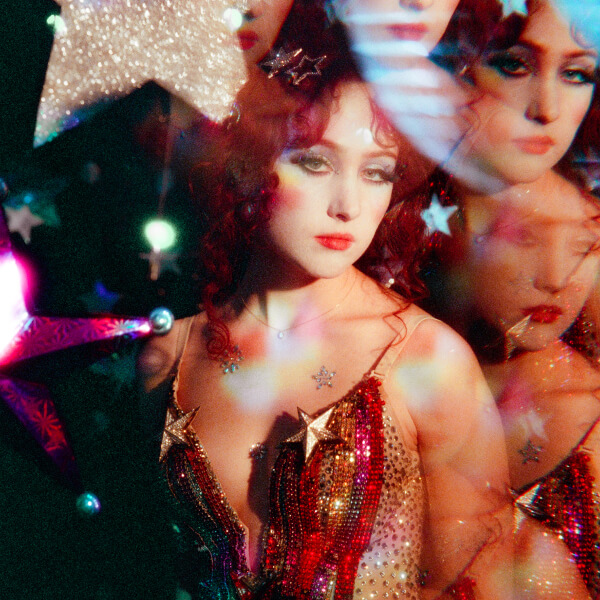
Yet Roan isn’t all kitsch and no heart. Just like recent Gaga, Roan toes the line between artifice and authenticity. In quieter moments, Roan’s songcraft also showcases its ability to connect with Gen Z’s fraught dating landscape, with “Casual”, “Coffee”, and “Kaleidoscope” all homing in on the confusing, ambiguous experiences that today’s youth go through when trying to find love while questioning concepts such as monogamy and gender norms.
Yet those subtleties never come across as didactic — as sung by Roan, these ballads sound breathtakingly live, as if the lyrics are words being thought of for the first time.
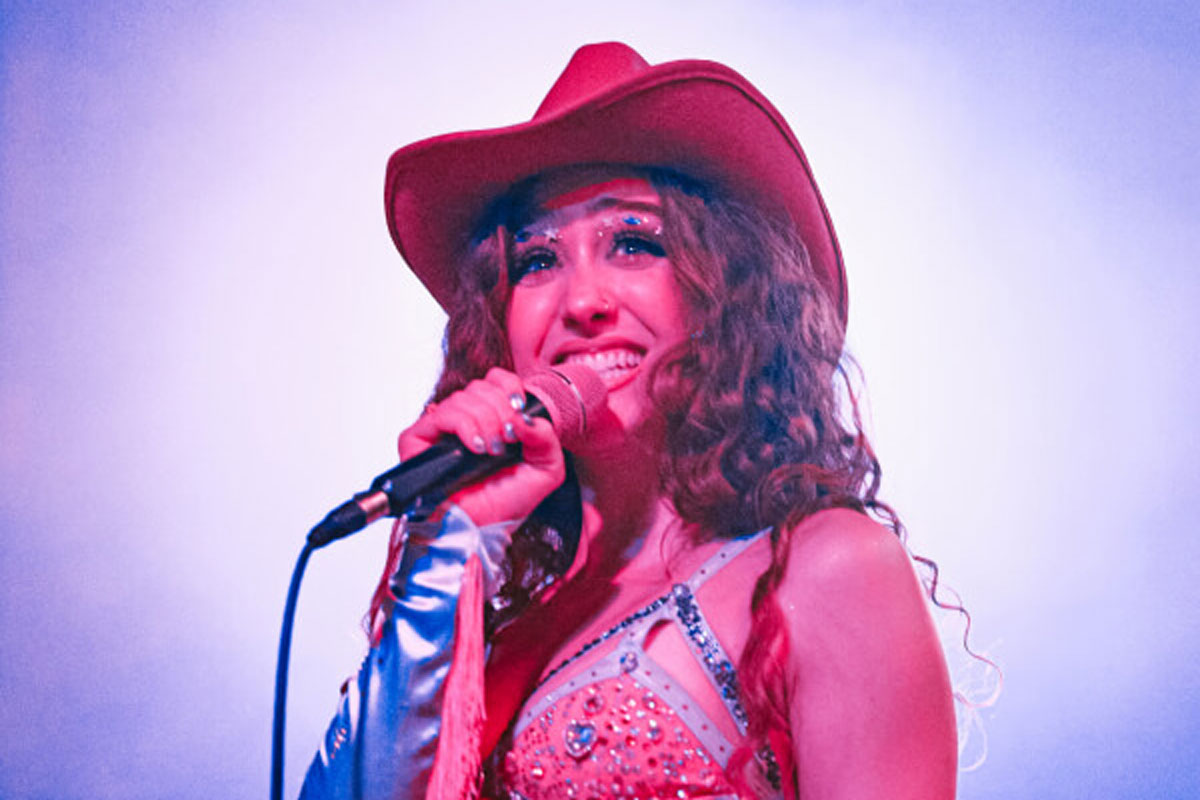
At the beating heart of Roan’s music is a vein which leads directly to the roaring river of America’s great songbook. Tracks like “HOT TO GO!” recall the golden age of Tom Petty, Cyndi Lauper, and Bonnie Tyler. In fact, not since Jon Landau first proclaimed Springsteen the future of rock and roll has there been a voice so directly and purely connected to the American heartland as Chappell Roan: when her voice cracks on the half-ironic lyric, “Baby, do you like this beat?/I made it so you’d sleep with me”, one hears the same electrifying cocktail of sexual desire, small-town malaise, and rock-and-roll dreaming that made tracks like Springsteen’s “Born to Run” or “Thunder Road” anthems for a disillusioned, post-Nixon America.
In a similar decade of political disenchantment, Roan’s marriage of sapphic come-hithers with pop wizardry might just make her the music icon of a generation.
Images: © ISLAND RECORDS, Ryan Clemens, Flickr (Jason Martin).
‘The Rise and Fall of a Midwest Princess’: How Chappell Roan Became Your Favourite Artist’s Favourite Artist
-
Meteoric Rise to Fame: Once a donut shop worker, Chappell Roan’s bold Coachella 2024 speech, accomplished debut album The Rise and Fall of a Midwest Princess, and viral persona propelled her from obscurity to pop stardom, with endorsements from major artists like Adele and Taylor Swift.
-
Reinvention Through Adversity: After losing her initial record deal during the pandemic, Roan embraced a fearless, drag-inspired alter ego, transforming personal setbacks into artistic liberation.
-
Distinctive Sound and Persona: Her debut album blends flamboyant, queer pop aesthetics with timeless American rock influences, drawing comparisons to icons like Lady Gaga, Madonna, and Bruce Springsteen.
-
Charting Gen Z Realities: Roan’s lyrics reflect the complexities of modern relationships and identity, addressing themes like monogamy, gender, and desire with raw honesty and emotional nuance.
-
Pop Culture Phenomenon: With infectious singles like “Casual” and “Red Wine Supernova,” and a stage persona that celebrates camp and self-expression, Roan is emerging as a defining voice of her generation.
